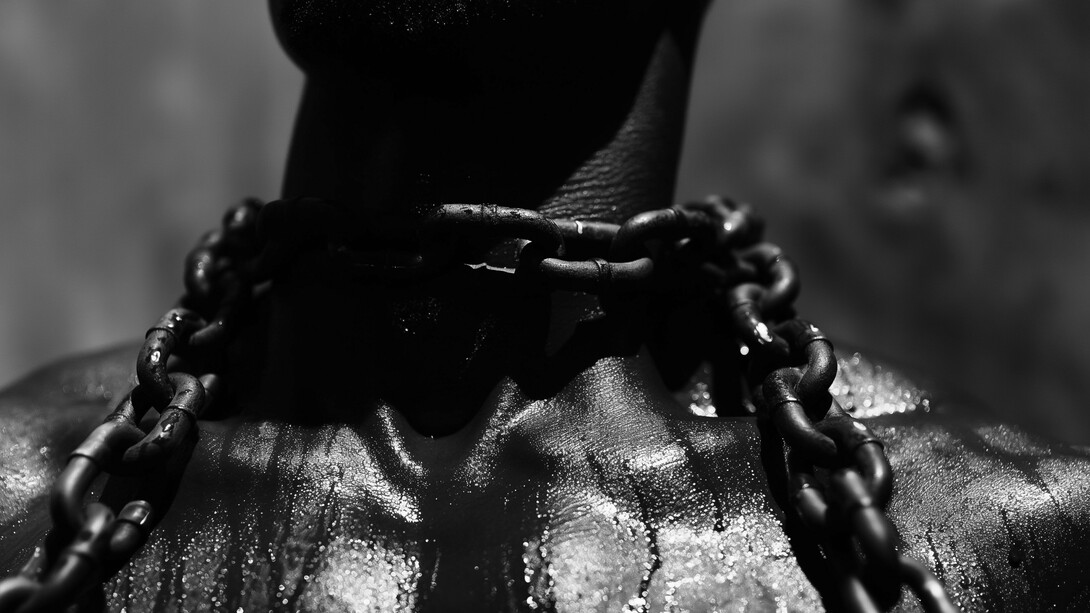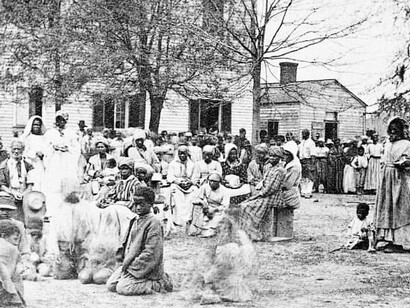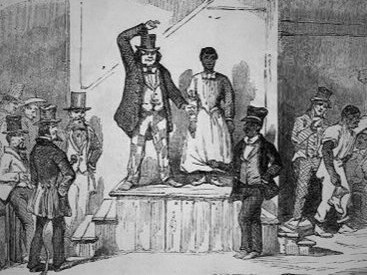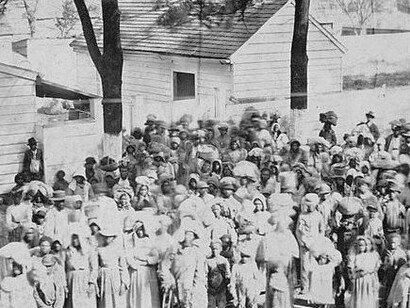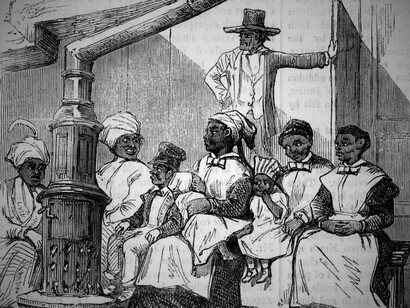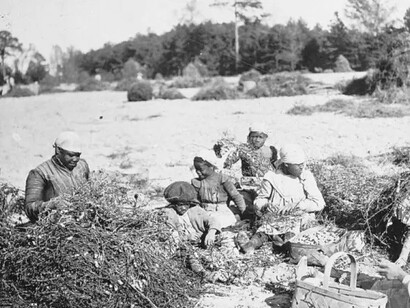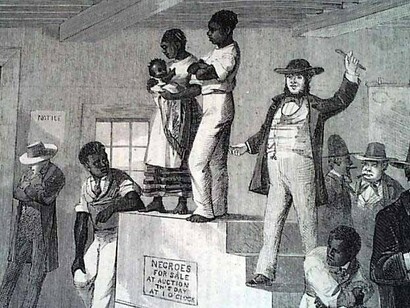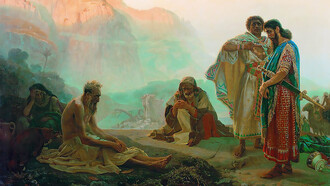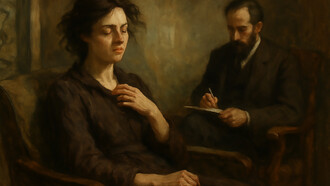Gabriel planned the most far-reaching slave rebellion in the South, and the first known major slave rebellion in the United States. The rebellion was to take place in Richmond, Virginia, on August 30, 1800. He had recruited an army of approximately 1,000 enslaved persons from Richmond and the surrounding areas. Gabriel’s plan was to capture the Capital, the State Armory, and hold Governor James Monroe hostage to negotiate the freedom of Virginia’s enslaved. Starting with Virginia, the goal was to free all enslaved people in slave-holding states, and the death of all whites opposing the liberation of the enslaved and the support of slavery. The rebellion was delayed by one day due to a severe thunderstorm, but more critically did not occur due to the betrayal of two other enslaved people. As a result, the participants were arrested, tried, and executed. Gabriel was hanged on October 10, 1800.
Who was Gabriel?
Gabriel had learned to read and write, and at age 10, he and his brother Solomon were trained as blacksmiths. He was hired out and, as such, had more autonomy and mobility than plantation enslaved.
What was Gabriel’s inspiration for rebellion?
Gabriel was greatly influenced by the French Revolution, Haitian Revolution, but most critically by the rhetoric of the American Revolution. He was hopeful and moved by the words of the Declaration of Independence, and believed that the benefits of the Revolution and the ideals of freedom and equality would be extended to the enslaved.
Imagine Gabriel’s Imagine Gabriel’s sense of disillusionment, betrayal, and loss of faith in the morality of the Patriots when the Big House dinner conversation reached the quarters and revealed that the pious and idealistic words of the Declaration of Independence did not, however, grant freedom to enslaved people. Gabriel learned that the final version of the Declaration of Independence, which condemned the slave trade, was omitted, and a “compromise” had been made to ensure the support of the southern slaveholding colonies. Morality was compromised in the Declaration of Independence.
It was the hypocrisy of the document that enraged Gabriel. “All” men are equated as equal; words written in the document were in reality a lie. The hypocrisy of slavery in a nation supposedly dedicated to freedom and justice was overwhelming. Many enslaved and Free Blacks served in the Continental Army, some seeking freedom from enslavement through their service and others believing in the ideals of the Revolution. While Gabriel did not serve in the Continental Army, he was inspired by the ideals of the Revolution and the desire for freedom and equality for “all” as stated in the Declaration. The “all,” however, was a lie written into a hypocritical document by men without a moral fiber of truth.
What deep psychological wounds are opened and felt when one’s humanity is denied? This is the reality with which Gabriel had to deal. He had the means and the mobility to escape from enslavement and save himself if this was simply a personal mission. But, as a leader and true freedom fighter, the masses of enslaved had to be freed, the lie had to be destroyed, and Gabriel would seek freedom for all, or die trying.
Gabriel and his fellow revolutionaries were considered and condemned as criminals. The thought of Blacks killing whites was unforgivable. It is also hypocritical to believe that the Patriots won their independence without killing British soldiers. It was the Treaty of Paris, signed in 1783, that officially ended the Revolutionary War and recognized the United States' independence. The Declaration of Independence was a symbol of freedom; freedom is not granted but must be taken by all means necessary.
True heroes and freedom fighters
George Washington, Thomas Jefferson, and Patrick Henry have all been proclaimed as heroes of the American Revolution. Washington, leader of the Continental Army, was a slaveholder, and Jefferson, the writer of the Declaration, was also a slaveholder. Patrick Henry, whose famous proclamation “ Give me liberty or give me death,” was a slaveholder, and his words only pertained to his class; they were not intended to include those he did not consider human but simply as chattel. Gabriel, as a true freedom fighte,r sought to destroy the lie. He would be free or die trying by any means necessary.
What defines a hero? A hero is characterized as courageous, determined, selfless, and willing to put the needs of others before his own. The most crucial attribute of a true hero is moral integrity, a commitment to moral reasoning based upon the principles of equality, justice, and the sanctity of human life. As we observe the difference in moral integrity between the chosen heroes of the American Revolution, who compromised morality, Gabriel should be recognized as a true freedom fighter and hero who believed in and upheld the ideals of the Declaration of Independence. Rather than the memory of Gabriel’s planned rebellion being erased from history, Gabriel should be recognized and honored as a true American freedom fighter and hero.
The doctrine of white supremacy and the legacy of hypocrisy in the words of the Declaration of Independence remain today, some two hundred fifty years later.
